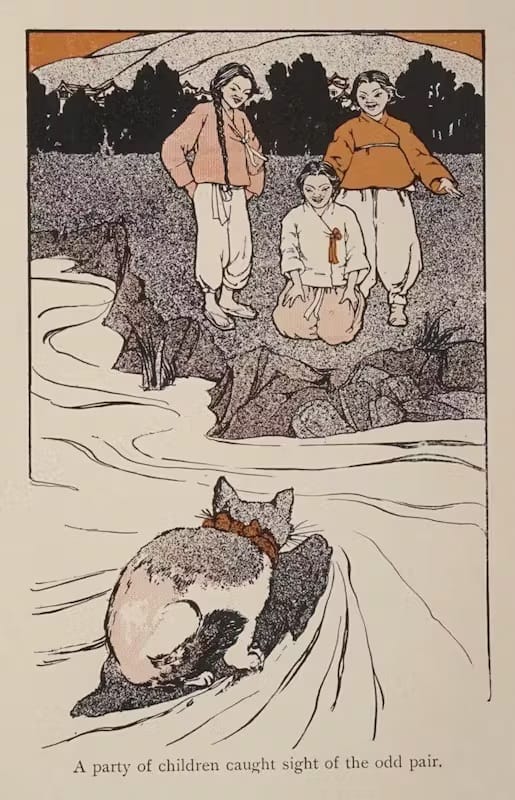The Slow Acting Poison of Lectin
Because their initial predators were insects, plants developed some lectins that would paralyze any unfortunate bug that tried to dine on them. Obviously, there is a quantum size difference between insects and mammals, but both are subject to the same effects. (If you are suffering from neuropathy, take notice!) Clearly, most of you won’t be paralyzed by a plant compound within minutes of eating it, although a single peanut (a lectin) certainly has the potential to kill certain people. But we are not immune to the long-term effects of eating certain plant compounds. Because of the huge number of cells we mammals have, we may not see the damaging results of consuming such compounds for years. And even if this is happening to you, you don’t know it yet. (Location 214)
…quantum size difference between insects and mammals
These days maybe, look at the fossil record of dragonflies though 202301032147
…single peanut (a lectin) certainly has the potential to kill certain people
are all plant allergens lectins?
THE FIRST LINE OF DEFENSE is the mucus in your nose and saliva in your mouth, collectively called mucopolysaccharides (meaning many sugars). Guess what those sugars are there for? To trap lectins. Remember, lectins like to bind to sugars. The next time your nose runs after eating spicy foods, you’ll know that you’ve just eaten some lectins. That extra dose of mucus not only traps the lectins you just ate but also adds an additional coating to your esophagus as your meal works its way down. (Location 415)




